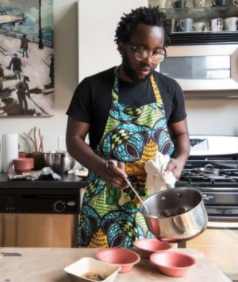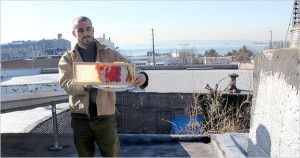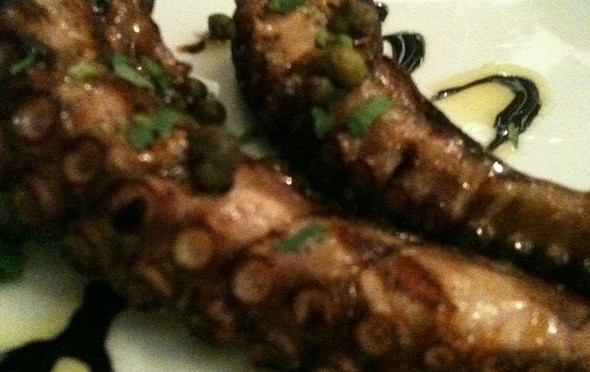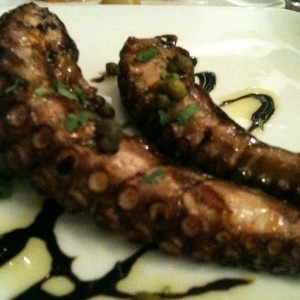I was near Boston yesterday, in the western suburbs, and everyone (I talked to, at least) is talking about the family feud that has disrupted business for DeMoula’s Market Basket supermarkets.
This is a family feud, but it also turns out to be a textbook illustration of the perversity of inadequately progressive tax rates and the rapacious nature of those who don’t work who own rights to the returns from those who do.
I’ve shopped in the original Westford Market Basket many times, and as someone who likes food was mostly impressed by lack of the foodie stuff in the store. But what regular shoppers tell me is that the store was customer friendly. Not only did they have lower prices than all the other groceries, but they also rebated four percent of what you bought. And they stocked local produce (that actually was a reason I shopped there sometimes).
On top of this, it turns out, they also had a generous profit sharing program, excellent wages, a program for paying for college tuition and a pension program it was easy to join and easy to collect on.
Not only did the company produce value for its workers, but it also threw off a ton of money for its shareholders.
I didn’t know about the good benefits or the happy workers, until recently, and often shopped at Hannefords and Stop and Shop when I was visiting the inlaws, because those stores had cooler food (more organic, though not more local). But things have changed.
After years of feuding, the DeMoula cousin who is a financial operative has taken control of the company from the cousin who has been a successful retailer. And business has ground to a halt. This fine story from Slate has more details, but doesn’t really hint at the main issue here.
DeMoula’s family business, started in the shadow of the War to End All Wars (the centenary of which we’re now recognizing), has grown into a business worth more than $3 Billion dollars. Some significant part of that expansion was due to the nice cousin’s investment in worker and customer satisfaction.
These investments cut into the bottom line and shareholder reaping in the short term, and the current dispute seems to stem from the dissatisfaction of those who own shares but do no work and who hate seeing money paid to people who actually labor.
The people I spoke with in the Boston area (including some self-described conservatives) seemed to understand that this was a feud between a grocer who recognized the value (and profitablity) of good wages and reinvestment, and a guy schooled in investment who was looking to squeeze as much cash out of cow as quickly as he could. Ouch!
Obviously there is a value to people investing in the products of other people’s labors, but too often this ends up with rich people using money to extract more money from those who actually make the value. Which not only hurts workers, but also strips away the dynamics of our society. We need workers who buy to expand.
The rapacious policies of Artie S. have radicalized, though I’m not sure they would call it this, a broad swath of suburban Boston. But the bottom line belongs to Artie T. It’s better business in the long term to have a well paid workforce than to force them into penury for immediate riches that are there to be gained.
As a society, unfortunately, we’ve allowed the plutocrats (a minute minority) to define the discussion, rather than look out for our own (and, curiously, society’s) interests.
That’s where we can make change.








